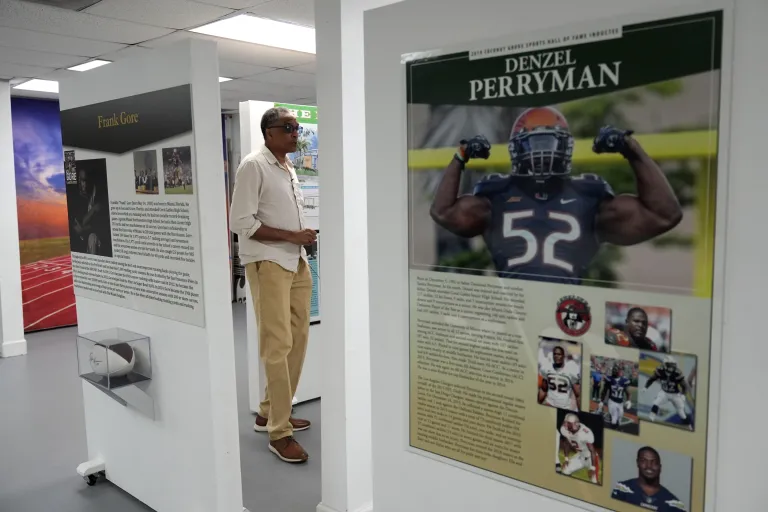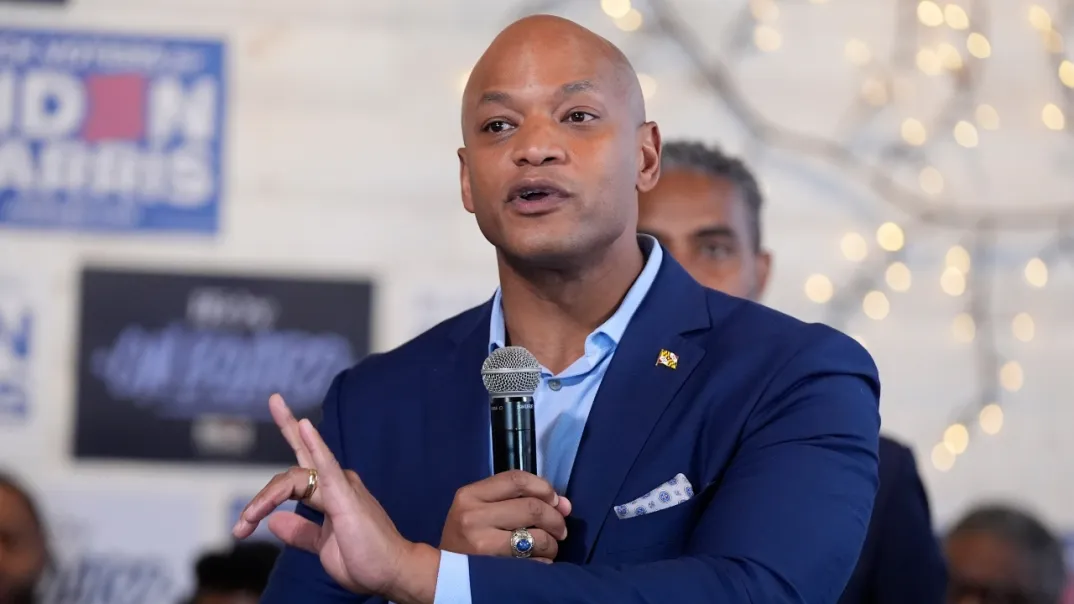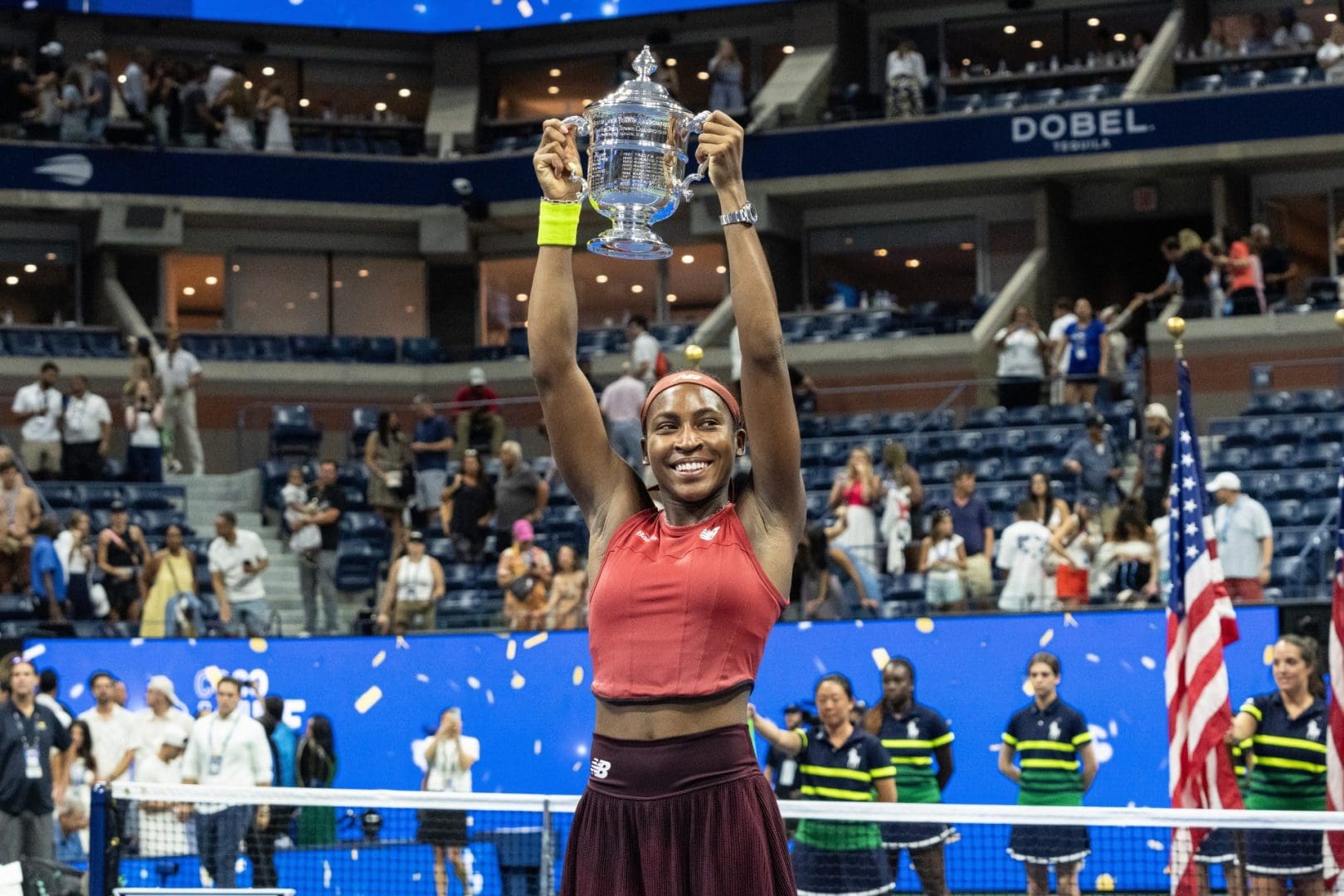The Culture
Historically Black Coconut Grove in Miami nurtured young athletes. Now that legacy is under threat

Amari Cooper’s football jersey hangs in the Coconut Grove Sports Hall of Fame. So does Frank Gore’s, alongside tributes to Negro League baseball player Jim Colzie and football coach Traz Powell, whose name adorns perhaps the most revered high school football stadium in talent-rich South Florida.
They represent West Coconut Grove when it was a vital majority-Black neighborhood hidden among some of the most affluent areas in Miami that boomed with family businesses, local hangouts and sporting events. Some call it West Grove, Black Grove or Little Bahamas in a nod to its roots. Most just call it The Grove — a place steeped in cultural history transformed by the decades.
“When you talk about what is The Grove, you’re talking about true history of South Florida,” said Charles Gibson, grandson of one of the first Black members of the Miami City Commission, Theodore Gibson.
“When you talk about what is The Grove, you’re talking about true history of South Florida.”
Sports was its heartbeat. It nurtured the early careers of Olympic gold medalists and football stars like Cooper, national champions and future football Hall of Famers like Gore, all of whom trace their first sports memories to this close-knit community.
Today, few remnants of that proud Black heritage exist. Years of economic neglect followed by recent gentrification have wiped out much of the neighborhood’s cultural backbone. Robust youth leagues and sports programs have dwindled. Now, the community that once created an environment for young athletes to succeed — a trusted neighbor watching out for a young football player on his walk to practice, a respected coach instilling discipline and persistence in a future track star — is at risk of extinction.
To read this article in its entirety, visit The Associated Press
Politics
Maryland Gov. Wes Moore set to issue more than 175,000 pardons for marijuana convictions
Moore plans to sign the executive order Monday morning in the capitol in Annapolis with Maryland Attorney General Anthony Brown in attendance.

Maryland Gov. Wes Moore is scheduled to sign an executive order to issue more than 175,000 pardons for marijuana convictions Monday, the governor’s office said.
The administration is describing the pardons as the largest state pardon to date. The governor’s action regarding cases relating to use of paraphernalia make Maryland the first state to take such action, his office said.
The pardons will forgive low-level marijuana possession charges for an estimated 100,000 people, according to The Washington Post, which first reported on the order Sunday night.
Moore plans to sign the executive order Monday morning in the state Capitol in Annapolis with Maryland Attorney General Anthony Brown in attendance.
Recreational cannabis was legalized in Maryland in 2023 after voters approved a constitutional amendment in 2022 with 67% of the vote. Maryland decriminalized possession of personal use amounts of cannabis on Jan. 1, 2023. Now, 24 states and the District of Columbia have legalized recreational cannabis.
“The Moore-Miller Administration is committed to promoting social equity and ensuring the fair and equitable administration of justice,” the governor’s office said. “Because the use and possession of cannabis is no longer illegal in the state, Marylanders should not continue to face barriers to housing, employment, or educational opportunities based on convictions for conduct that is no longer illegal.”
“Because the use and possession of cannabis is no longer illegal in the state, Marylanders should not continue to face barriers to housing, employment, or educational opportunities based on convictions for conduct that is no longer illegal.”
Brown, a Democrat, described the pardons as “certainly long overdue as a nation” and “a racial equity issue.”
To read this article in its entirety, visit The Grio
Opinion
A study says Black people believe ‘racial conspiracy theories.’ Given this country’s history, can you blame us?
OPINION: A Pew study found that most Black people are suspicious of government institutions. There is a long list of reasons why Black Americans believe the system is set up against them.

It is both possible that Black people believe in conspiracy theories, and that Black people have centuries of firsthand experience with real-life conspiracies waged against them. But in the end, can we really call them conspiracy theories when the receipts for actual conspiracies are plentiful and readily available?
A study from the Pew Research Center found that majorities of Black people believe in ‘racial conspiracy theories,’ specifically that American institutions are designed to hold them back. Pew defines “racial conspiracy theories” as “the suspicions that Black adults might have about the actions of U.S. institutions based on their personal and collective historical experiences with racial discrimination.”
“the suspicions that Black adults might have about the actions of U.S. institutions based on their personal and collective historical experiences with racial discrimination.”
(After the study was published, Pew later added an editor’s note to its report stating that the study is under review, and using the term “racial conspiracy theories” was “not the best choice” to make. “Black Americans’ doubts about the fairness of U.S. institutions are accompanied by suspicion. How Black Americans think those institutions impact their ability to thrive is worthy of study, and that’s the purpose of this survey,” the Pew editor said.)
To read this article in its entirety, visit The Grio
Sports
Coco Gauff wins her 2nd Grand Slam tennis tourney
Gauff became the youngest tennis player to win their first singles and doubles Grand Slams in almost 20 years

Tennis sensation Coco Gauff rejoiced after winning her second Grand Slam tournament. But it wasn’t exactly in the tournament that she really craved.
Gauff, 20, became the youngest woman tennis player to win her first Grand Slam singles and doubles in 20 years title after she fellow tour member Katerina Siniakova defeated Italians Jasmine Paolini and Sara Errani 7-6 (5), 6-3 on Court Philippe Chatrier at the French Open on Sunday.
Coco Gauff accomplishes another momentous tennis feat
With the conquest, Gauff becomes the youngest player to win Grand Slam singles and doubles titles since Svetlana Kuznetsova in 2005, according to Tennis.com.
This was Gauff’s third trip to a Grand Slam doubles finals, losing the previous two at Roland Garros in Paris in 2022 and the U.S. Open in New York in 2021.
“Third time’s a charm. Thank you, Katerina, for playing with me. We decided two days before the tournament to play together,” Gauff said during her victory speech. “Thank you to the fans. I know 11:30 Sunday morning is early for most people. It’s early for me.”
To read this article in its entirety, visit RollingOut
-

 Opinion11 months ago
Opinion11 months agoA study says Black people believe ‘racial conspiracy theories.’ Given this country’s history, can you blame us?
-

 Sports11 months ago
Sports11 months agoCoco Gauff wins her 2nd Grand Slam tennis tourney
-

 International12 months ago
International12 months agoForced to rebuild a life at 12, a Haitian girl joins thousands seeking an escape from gang violence
-

 Opinion12 months ago
Opinion12 months agoUnlike Other Badly Behaved Black Celebrities, Diddy’s Shot at Redemption Is Nearly Impossible
-

 Business12 months ago
Business12 months agoHow Uncle Nearest Founder Fawn Weaver Built A Billion-Dollar Whiskey Business
-

 The Culture12 months ago
The Culture12 months agoChicago teen who entered college at 10 earns doctorate at 17
-

 Politics12 months ago
Politics12 months agoJudge Aileen Cannon rips up court schedule in Mar-a-Lago case in ways that benefit Trump
-

 Business11 months ago
Business11 months agoNow That Diddy is Out at Revolt, Here Are The Surprising New Black Owners









